

You can’t throw an inverted cross into the annals of gaming history without hitting a title or two that use Hell as an inspiration. As its name implies, Hell Yeah! Wrath of the Dead Rabbit is the latest addition to the pile of games that’s set in the underworld, but this action platformer adds a welcome dose of humor to its plotline, helping it to avoid the moodiness that so often permeates other games of its ilk. Its combination of solid mechanics and over-the-top aesthetics makes for an entertaining diversion, if not one that feels like it warrants much replaying.
Watch this trailer for Hell Yeah!
You play as Ash, a rabbit who also happens to be a prince of Hell, who’s forced into action when pictures of him bathing with a rubber duckie are stolen and viewed by dozens of his underlings. Faced with a widespread lack of respect on the part of his minions, Ash heads out on a journey to retrieve the paparazzi photos...and to kill anyone who’s seen them. It’s a light plot, supported by plenty of asides that are amusing, if rarely laugh-out-loud funny.
While the game is set in Hell, it’s not all pentagrams and flowing lava. Developer Arkedo manages to incorporate a wide variety of environments into the game, including casinos, nightclubs, and a “psychedelic” world, with the highlight being a noxiously cheerful sunshine-and-rainbows realm. You move through new regions every hour or so, which helps keep things visually appealing. Hell Yeah!’s aesthetic is one of the game’s strongest points, with each zone offering up a strong and varied color palette and a new track from the game’s excellent score.
Ash’s many tools of destruction, unlocked sporadically as you play, help keep gameplay fresh as you proceed. Although you spend some time on foot and unarmed, you’ll eventually find yourself strapped into a gigantic blade-wheel, which allows Ash to grind up enemies and burrow through weak spots in walls. More often, though, you’ll be using one of Ash’s projectile weapons, including lasers, grenades, and rocket launchers, as well as more exotic choices like a holy water sprayer, to take down your enemies from afar. You can also spend cash you earn on dozens of new hats and wheel styles for Ash, so if you ever wanted to escort an undead rabbit through Hell while he’s wearing a mask shaped like a human’s rear end while he’s riding a giant frosted donut, you’re in luck. These outfit changes are purely cosmetic, but should add a bit of playing time for collectible-hunters.
And there are plenty of enemies to mow through, including over 100 bosses that Ash can mark down in his in-game monster list. Most of the bosses are dispatched through regular gunfire, but Arkedo does a good job of throwing in alternate mechanics on a regular basis. An insect boss might require you to douse Ash in honey and then lure it underneath a stream of toxic goo, for instance, or a boss that complains of loneliness will be dispatched merely by moving up next to him and zooming the map out to show how empty his surroundings really are. Figuring out these non-obvious boss mechanics is one of the game’s highlights.
All of these bosses also come with a WarioWare-style minigame, generally less than five seconds long, that you’ll need to beat before you finally send them to Hell (or wherever someone goes when they’re killed after already being in Hell). Beating a minigame will result in a kill animation that often puts even the most outrageous Mortal Kombat fatality to shame; imagine seeing an enemy shrunk to the size of a Cheerio and being launched from a spoon into outer space, and you’ll have some idea of what to expect. It’s through these animations and periodic dialogue that Arkedo attempts to emphasize Hell Yeah!’s attitude and sense of humor, which relies heavily on pop culture references, many exclamation marks, and nods to other games (one of the minigames has you playing an ocarina, for example, and it’s predictably enough called “Ocarina Time!”).
The experience of playing Hell Yeah! is entertaining enough (if familiar), but it does have its rough patches. The game’s sole difficulty setting isn’t going to provide much of a challenge for experienced gamers, with most bosses being dispatched on the first try (save for a couple of encounters that might result in thrown controllers), and there aren’t any optional difficulty settings unlocked when you beat the game. You’ll die here and there, but frequent checkpoints mean that you often only lose a few seconds of gameplay before you’re right back where you were.
Here's a look at the monsters you'll dispense in Hell Yeah!
You can while away some time with the “Island” minigame, where you can put previously vanquished bosses to work mining up more cash and outfits for Ash, but it’s a fairly simplistic feature, and you’re likely to finish the main quest before you net many benefits from it. More seriously, we experienced occasionally shaky framerates and a few hard locks during our playtime, requiring full system resets. The checkpoints ensured that we didn’t lose much progress, but the crashes were still annoying.
The lack of multiplayer features or any incentive to replay Hell Yeah! are drawbacks, and its colorful world and numerous bosses wind up being more interesting than its actual gameplay or Ash himself (whose extreme attitude can come across as forced). Platforming fans are unlikely to find anything revolutionary here, but it goes about its business with a welcome sense of brio. Hell Yeah! might want to send you to Hell, but at least it intends to do it while putting a smile on your face.
This game was reviewed on the PlayStation 3.
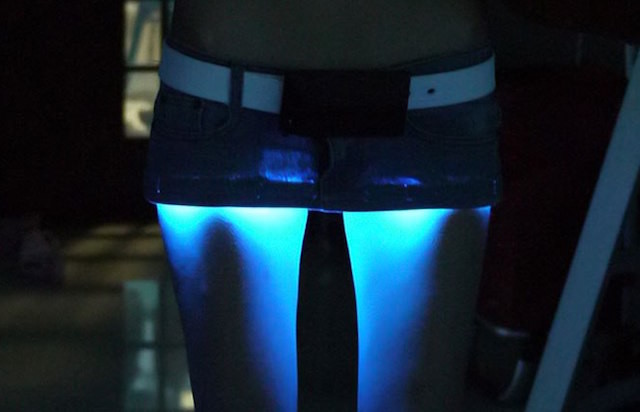
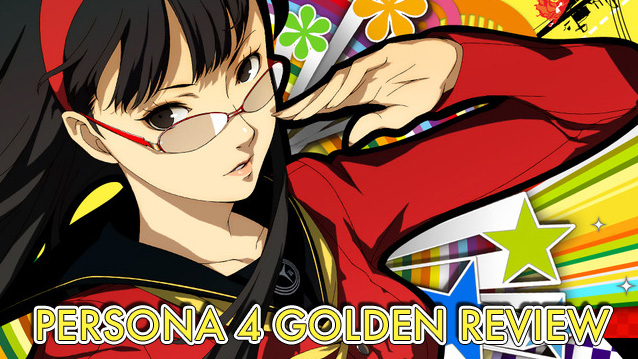
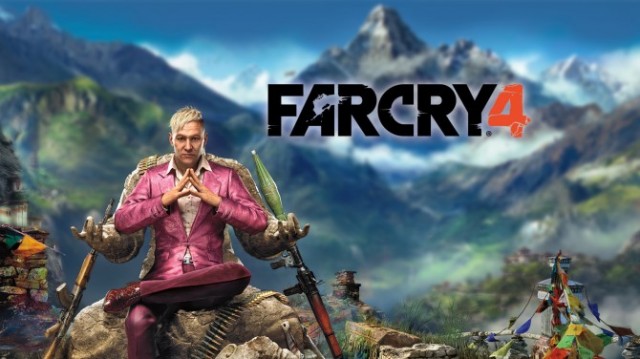
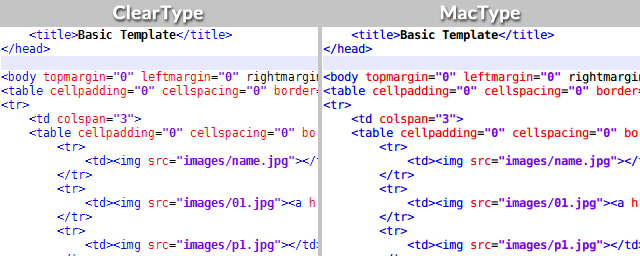
 What Can We Learn About Managing Our Schedules From Santa?
What Can We Learn About Managing Our Schedules From Santa?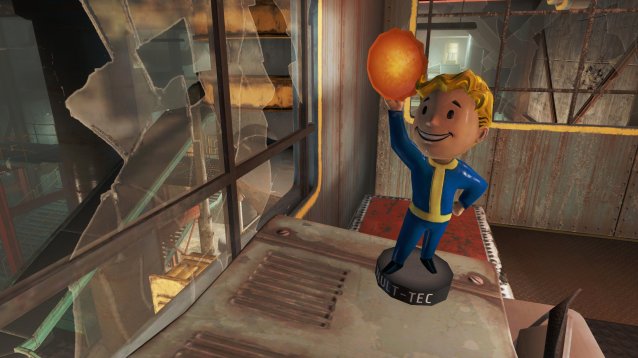 Fallout 4 Guide: All 20 Bobblehead Stats And Locations
Fallout 4 Guide: All 20 Bobblehead Stats And Locations Downloading the Destiny Beta and fixing error codes
Downloading the Destiny Beta and fixing error codes Top Crusader Armor Build in Diablo 3 Ultimate Evil Edition
Top Crusader Armor Build in Diablo 3 Ultimate Evil Edition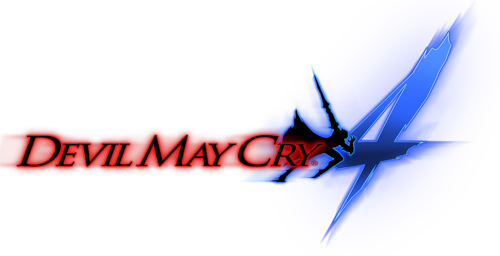 Devil May Cry 4 Guide
Devil May Cry 4 Guide